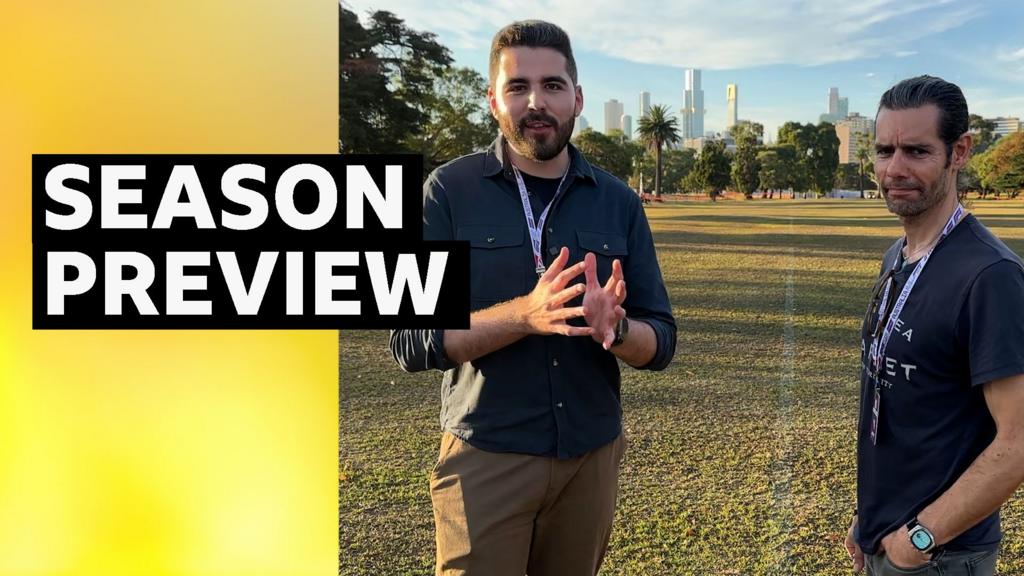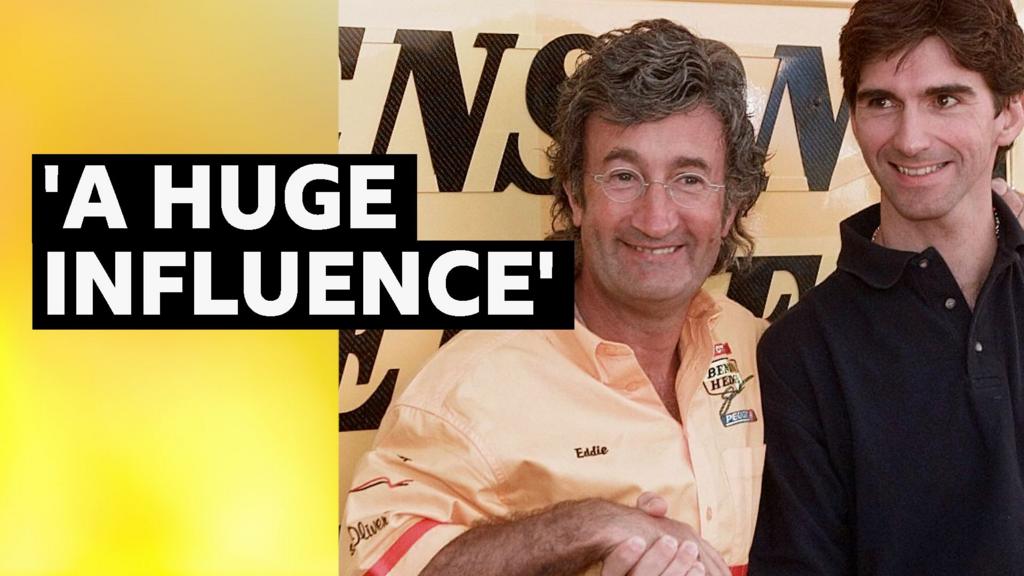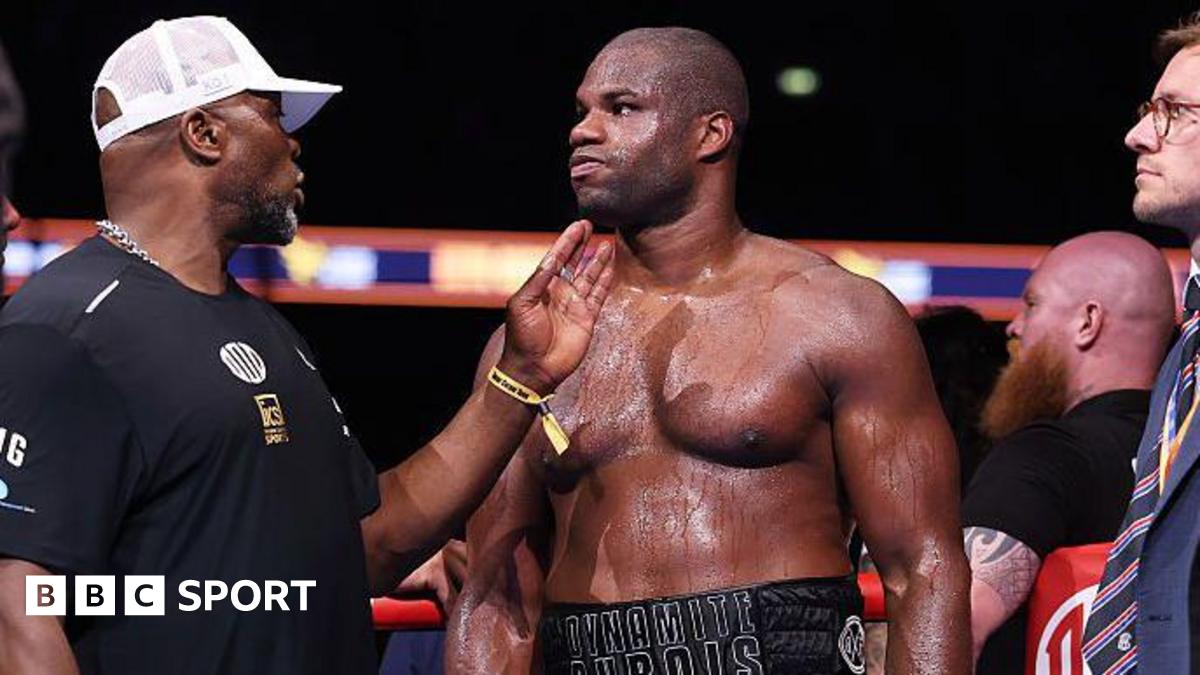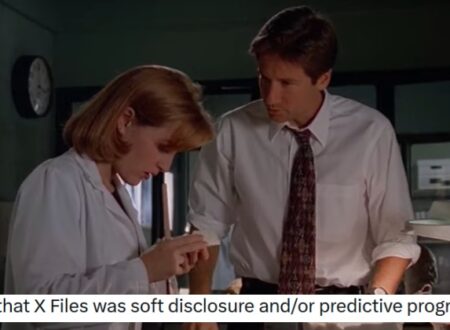What to do if your boss is playing favorites—and you’re not the favorite

If you feel like some of your colleagues are getting special treatment, you’re not alone.
According to a recent survey of 1,000 American workers conducted by Resume Now, 70% say they’ve seen leaders play favorites, while 43% say they’ve witnessed favoritism factor into promotions, raises, or recognition.
Nearly a quarter also believe leadership is protecting a “toxic top performer” at the expense of others.
“Our survey revealed that favoritism absolutely is happening and probably happening more frequently than a lot of companies would like to admit,” says Resume Now career expert Keith Spencer, though he notes that in most cases he believes managers aren’t showing preferential treatment on purpose.
“I think the phrase ‘assume mistake, not malice’ applies,” he says. “A lot of this could be happening because of unconscious bias; they don’t realize they’re playing favorites when they’re giving more leeway or support to people that maybe remind them more of themselves.”
Whether intentional or not, workplaces where staff members feel like they’re treated worse than their colleagues are likely to run into serious problems.
“It should be concerning for companies to learn that their managers might be playing favorites, creating distrust and maybe some resentment,” Spencer says. “All of that can negatively impact morale, engagement, and even retention, so there are far-ranging ripple effects from playing favorites, whether intentionally or not.”
Those who find themselves in a workplace where others enjoy preferential treatment aren’t helpless. Here’s what the experts say you can do when your boss is picking favorites.
Turn down the temperature
Feeling like you’re not getting the recognition you deserve can be frustrating, especially when praise is heaped on the less deserving, but in those moments it’s important not to lose your cool.
“There’s this swirl of emotions that people feel in that situation that can lead to behaviors that are more self-destructive than helpful,” says Dina Smith, an executive coach, strategic adviser, and author of Emotionally Charged: How to Lead in the New World of Work. “My guidance to someone who feels as though they’re not the boss’s favorite is to really try to manage those emotions, reduce the intensity of them, and try not to take it personally.”
Smith adds that while being overlooked or underappreciated can be frustrating, engaging in a heated confrontation won’t solve anything.
Lean in, not out
Those who believe they’re getting passed over for opportunities as others enjoy preferential treatment might feel like checking out mentally, but Smith advises taking the opposite approach.
“If they feel as though they’re not the favorite, they become less proactive with their manager. But the important thing to do is to become more proactive, to ensure they have full visibility into all that you’re doing, because typically they do not,” she says.
Smith explains that managers often show preferential treatment to those they see putting in more of an effort but often miss the effort that’s being made out of view.
“I’ve seen many very high-performing people shirk from owning their accomplishments, or falling into the trap of believing good work speaks for itself,” she says. “That is magical thinking.”
If you feel like you’re not getting the recognition you deserve, it’s important to consider whether it’s the result of favoritism or a lack of visibility.
Question your own assumptions
While the Resume Now data suggests a significant proportion of workers are regularly confronting issues of favoritism, Justin Hale questions whether it’s reality or just their perception.
“I don’t think [workplace favoritism] is that high,” says the author and course designer at Crucial Learning. “I’ve worked with thousands of people, and it absolutely happens sometimes, but I don’t think it happens as often as people say.”
Hale suggests it’s easier to cry foul than to look internally, leading many to see favoritism where it doesn’t exist.
“Sometimes you aren’t the right fit, but most of us want to find some reasoning or justification outside of ‘I just didn’t do my best’ or ‘I wasn’t qualified’ or ‘I wasn’t the best choice,’” he says. “We want to blame someone else; we want to point the finger elsewhere.”
Before assuming the worst of your managers, Hale advises those who feel like they’ve been passed over to really consider whether they were deserving, whether favoritism really does play a role, and what they can do to leave no doubt they are the right choice next time.
Have a difficult conversation
If you’ve given your manager the benefit of the doubt, used perceived favoritism as motivation to up your game, and established objective measures to demonstrate your efforts yet you still feel like you’re living in someone else’s shadow, it’s time to have a difficult conversation with your boss.
Those conversations, Hale says, are vital to fostering a healthy workplace.
“If they don’t have a conversation, they’ll act out the conversation,” he explains. “In the absence of having an honest, candid conversation with your boss about this concern you have, you’ll hold it in, the resentment builds, and you may even spread it around to more people to feel justified in your resentment.”
Difficult conversations need to be approached with a high degree of sensitivity. That’s because when faced with an accusation, managers are likely to respond defensively. “You don’t want to be honest at the expense of the relationship,” Hale says.
Instead, he suggests kicking things off by sharing the positive outcome you want to achieve through the conversation, such as ensuring everyone on the team feels valued. Follow that by clearly defining your objectives and presenting objective facts and examples to demonstrate your position.
“The next thing I advise is describing the concern you have by sharing your perspective or your opinion,” Hale says. “Then you can ask the question, ‘Here’s how I’m seeing things, are you seeing it differently?’ which can open up a dialogue.”
During these conversations, Hale says it’s important to avoid getting emotional or accusatory while maintaining emphasis on achieving a more positive future, not airing past grievances.
“When people start conversations, even really difficult ones, with [the structure of] fact, then story, then question,” he says, “you decrease the likelihood of defensiveness on the receiver’s part significantly.”
What's Your Reaction?
 Like
0
Like
0
 Dislike
0
Dislike
0
 Love
0
Love
0
 Funny
0
Funny
0
 Angry
0
Angry
0
 Sad
0
Sad
0
 Wow
0
Wow
0

























































































